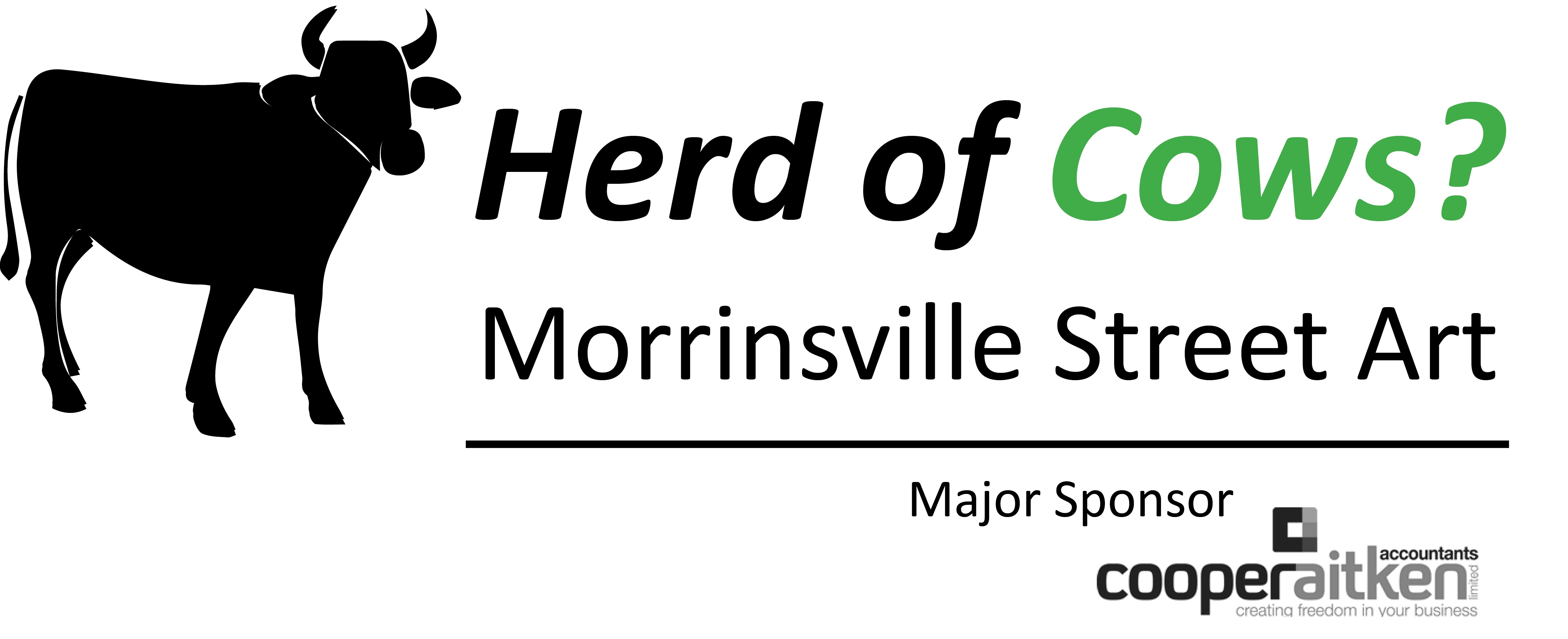
The end of another financial year is fast approaching....!
We have put together our top tips to ensure you are ready for the end of the financial year and the year ahead.
1) Get your records ready
- Bank and Loan statements – Confirming your account/loan balances and interest rates
- Accounts Receivables – Don’t pay tax on money you won’t receive! If you have done all you can to recover a debt and are ready to write them off, you need to make sure this is done before your balance date for the tax deduction to apply.
- Accounts Payables
- Stock on Hand
- Shares investments in other companies
- Hire Purchase agreements and repayment schedules with all information relating to the finance
- Invoices for asset purchases, large repairs & maintenance items and insurances paid
- Depreciation Schedule have a look over your 2024 depreciation schedule and advise us of any assets you no longer have or any that need to be written off
- Any changes to your family situation, which can affect your entitlement to family assistance
- Any donation receipts for donations made to registered charities, public schools and religious organisations throughout the year. Alternatively, these can now be uploaded to myIR as you go.
Anything on your balance sheet, we require third party confirmation, if you’re unsure and would like a specific list of what we will require for your business, please let us know.
2) Home office
If you use part of your family home for work, a portion of your home expenses can be claimed as a business expense. This can include expenses such as rates, insurance, power and mortgage interest. The portion you can claim relates to the area of your home that you use for business, being the total area of your house along with the total area of the space set aside for work related tasks.
3) Stock on Hand
For commercial clients, if you carry stock of more than $10,000 then you will need to complete a stock take so we know the value of the stock you have. It’s important to get this right as stock can heavily affect your profit, and therefore tax. When completing the stock take we need the GST exclusive figure. This can be either a physical stock take, or if you have an inventory system, the value can be found there.
For farming clients, a physical stock count needs to be undertaken on balance date, noting the ages and classes of animals. Alternatively, electronic stock records like NAIT records can be provided.
4) Consider your goals for the upcoming year
As the end of another financial year approaches, we encourage you to work with our team and together, we can help your business thrive! It’s important to reflect on the year that was, and look ahead to where you would like to go. We are here to help, whether it is setting goals, preparing a budget, succession planning, business planning, cash flow and profit improvement or business advisory and more.
5) Make next years record keeping easier and more efficient
Retaining records and providing information can often be viewed as a frustrating task, this process can be made easier and more efficient with the use of proper accounting systems and technology. Rather than using a physical folder to file all of your documents, there are now many cloud-based software’s that allow you to upload the information as you go, meaning we will not need to request as many documents from you as we once did. Anything obtained throughout the year or uploaded to your accounting software does not need to be provided to us again. Accounting software also makes record-keeping much more relevant, less time consuming, and is also space saving!
Louise Maxwell-Granich
Client Manager, Chartered Accountant



